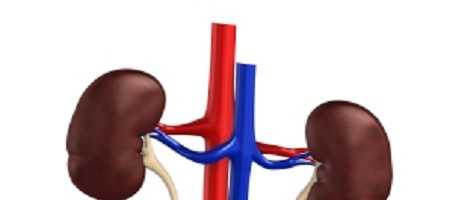Phosphorous is found naturally in a number of foods. It is also added to certain foods as part of processing which could be adding to kidney disease risks, which has particular relevance for people with diabetes who are at higher risk of the condition.
Research from Johns Hopkins University in Baltimore found that reduction in phosphorous in the diets of people with borderline hypertension resulted in decreased levels of protein in the urine, a known marker for kidney disease.
Kidney disease, also known as diabetic nephropathy, is one of the most common complications of both type 1 and type 2 diabetes.
In the study, the research team, led by Dr Alex Chang, took 481 participants with borderline hypertension or pre-hypertensio, in other words the patients had blood pressure levels on the upper end of the normal range.
Patients were monitored at the beginning and end of 6 months to assess whether levels of albumin in their urine had increased or decreased. The participants also received advice and counselling on losing weight, keeping to a healthy diet and being physically active.
The results of the study showed that the interventions helped participants to lose weight and their levels of albuminurea also dropped, significantly, by 25%. A further finding was that a reduction of 314mg of phosphorous being excreted saw an 11% decrease in proteinurea.
Phosphorous is a naturally occurring element in foods such as vegetables and nuts but it also now commonly added to other products as a result of food processing. For example, cold meats frequently list phosphorous compounds as stabilisers.
Phosphorous as an additive has a greater effect than the phosphorous that occurs naturally in foods as the body finds it easier to break down and absorb artificially added phosphorous.
Consumers looking to limit their exposure to phosphorous additives in their diet should look out for ingredients that include the letters ‘phos’. Common examples include ingredients such as triphosphates or polyphosphates.
What's new on the forum? ⭐️
Get our free newsletters
Stay up to date with the latest news, research and breakthroughs.







